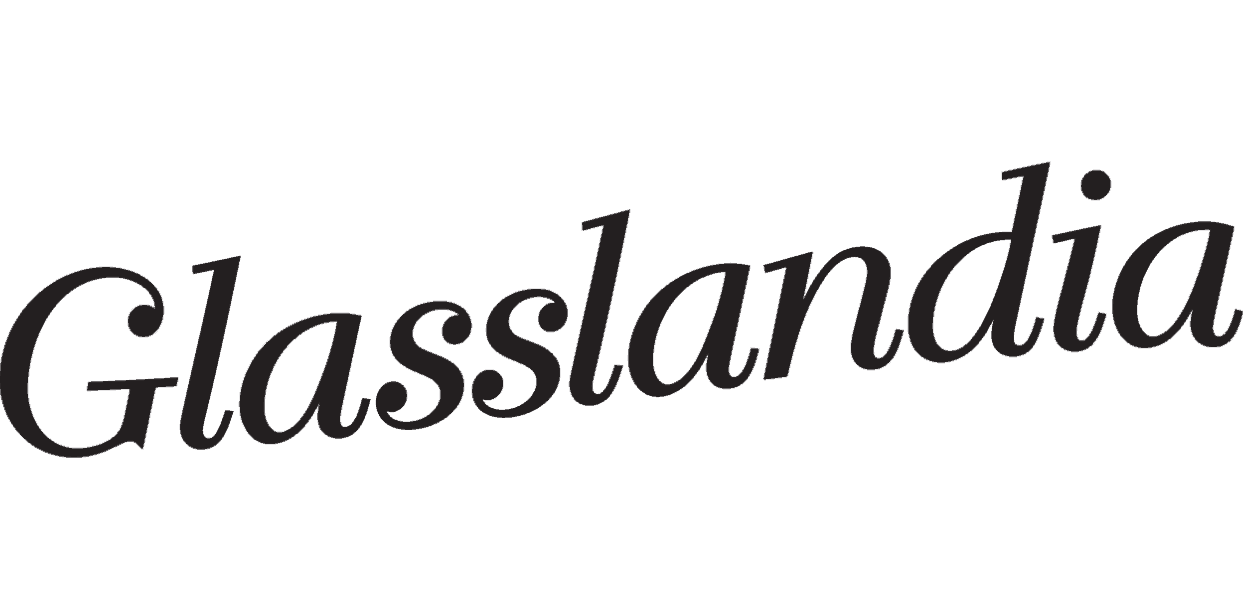The other day, I received a letter from my nephews in Florida. They thanked me for gift that I recently gave them. I read the letter and wondered if schools teach spelling anymore.
I love my nephews who are in the sixth grade but after seeing Dear “Ant” Hilary and other misspellings, it made me wonder if, with all this technology today, if children are learning how to spell correctly?
Then I wondered, what is correct today?
If you read your text messages, you will noticed that we, as a society, have been using UR instead of “You are,” WSUP (instead of what is up?) and btw (instead of by the way). It is common to see a lot of these acronyms and know what people are talking about.
Isn’t that what language is all about? Isn’t language about communicating effectively? If we can communicate effectively through using acronyms and shortened words and people understand what we mean, then isn’t our point taken?
When my nephews wrote dear ant hilary, I knew that they didn’t think I was an ant but an aunt! So does it really make a difference how we spell things as long as our point is getting across?
With spell check and autocorrect, you are less likely to spell wrong, except when autocorrect thinks that a word should be X when you want it to be Y! Then it all becomes all too annoying and your first reaction is to shut off the program, but you don’t.
I was thinking about this for a while and then I read an article by Anne Trubek in Wired Magazine (Feb 2012), entitled, “Use Your Own Words.” I agree with her that we need to evolve. She writes, “English spelling is a terrible mess anyway, full of arbitrary contrivances and exceptions that outnumber rules.”
How true is that? She goes on to look at words like Ough, Dough and Cough. Shouldn’t they rhythm? But instead when said aloud they make totally different sounds.
Trubek claims that before the 1400’s when the printing press first came out, books and documents were rewritten by scribes who spelled words different ways. She said that there were 114 different spellings for the word through. (I still find that most people don’t get two, to or too!)
It’s really an interesting topic and so relates to our society today in terms of where we are heading with all of this.
Is the English language evolving with the use of technology? Will our future language be written in codes like our children use when relating to each other? Should we standardize spelling to be how it sounds?
Love to hear your ideas…
————————————————————————————————————
DISCLOSURE: NO CONNECTION, UNPAID, MY OWN OPINIONS
I have not received any compensation for writing this content and I have no material connection to the brands, topics and/or products that are mentioned herein. However, individual links could be associated with affiliate marketing sites and through the use of affiliate links contained herein, I may collect fees from purchases made.




There’s evolving, and then there’s not knowing proper and common usage. The problem for your nephews is that if they use these abbreviations with a boss or a college professor who cares deeply about the language, the outcome won’t be good. While you know that they meant “aunt,” there’s no way to know what their readers, bosses and professors will know or assume. If you can find a good way to discuss the importance of this with them, you’ll be giving them a great gift.
By the way, as a result of reading your post, I’m going to stop using BTW in business writing. And that was your gift to me!
Thanks Ken for your input… It’s interesting how our written and verbal communication is changing. As PR people and journalists, I wonder if we will need to start adapting our style to meet these changes that are taking place within the general public? Will there be a point in our lifetime when folks won’t understand us any longer? Food for thought…
AMEN! (LOL… hahahaha)
Let’s not rush to adapt our speaking and in particular, our writing style, to what’s just of the moment. I was an adjunct professor for a number of years at two colleges, and trust me, the lack of writing skills among these students, and even some graduates, was deplorable. It would make you and your clients scream. Your/you’re, its/it’s…don’t get me started! As PR professionals I think we should do what we can to protect and defend this beautiful language.